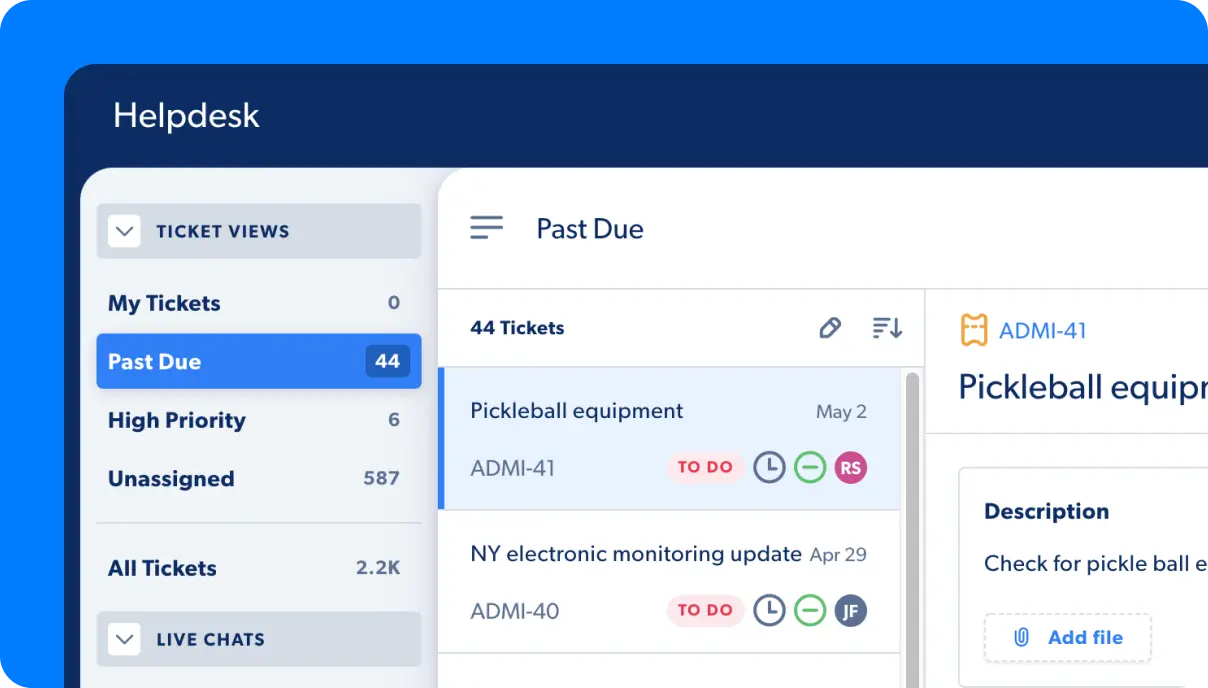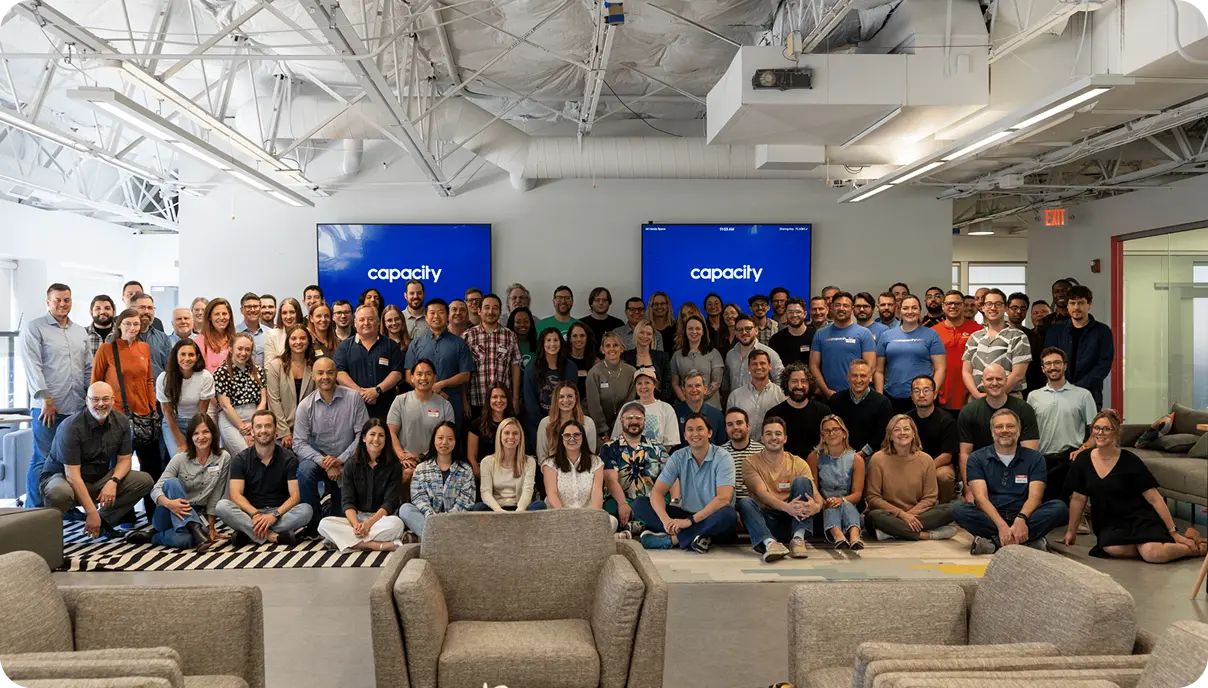Knowledge, as described in our Ultimate Guide to Knowledge Management can be defined as:
“Intellectual capital, or the necessary resources to effect action. It could be expertise, skill, a professional magazine, a fully-functioning computer, or something else.”
When it comes to commerce, the definition gets a little more binary. In terms of business, knowledge exists as crucial data, tacit knowledge (what your team knows), and the information held within various applications, documents, and spreadsheets.
We’re belaboring this definition to emphasize why knowledge management (KM) or knowledge base software is so important in the first place.
As the old saying goes, knowledge is power. With regard to capitalism, knowledge is profits. Making the most of all the information, data, and tacit knowledge held within various silos is an incredible competitive advantage.
Knowledge in action:
PepsiCo built out a bespoke knowledge and analytics platform called Pep Worx in preparation for the 2018 launch of the new breakfast cereal, Quaker Overnight Oats. Using vast amounts of collected data, PepsiCo identified key traits among 24 million households and marketed the new product accordingly.
Based on the insight from collected data, the knowledge-derived marketing plan worked. PepsiCo’s target market for Quaker Overnight Oats accounted for 80% of the product’s sales in the first 12 weeks.
Though few companies will deploy knowledge management on that scale, there’s still a valuable lesson to take away. That is, organized, easily accessible knowledge empowers businesses to make informed decisions.
If you’re picturing the potential of knowledge sharing within your org, you’ll love the ideas discussed here. Implementing a KM system has its challenges, but armed with the insight below, we’re confident you’ll succeed.
Challenge #1: Tech-resistant teammates.
Within most orgs, the people tasked with leading technology initiatives have their work cut out for them. While each business differs when it comes to adopting new systems, most have a few technology hold-outs.
Whether it’s an IT manager who’s too busy to learn new programs, or a marketing manager who’s overly fond of a legacy system—convincing teammates to form new habits can feel daunting.
The good news is, leading knowledge management solutions powered by artificial intelligence (AI) and machine learning (ML) make adoption easy. Intuitively organized, centralized knowledge makes these systems feel more like virtual assistants than just another app.
Tips to surmount objections:
- Buy-in for knowledge base software starts at the executive level. Make sure senior leadership understands the potential of your chosen solution, and the rest of the org chart is more likely to follow suit.
- Choose a user-friendly solution with easily customized question-and-answer exchanges. The more accessible your system makes knowledge, the sooner teams will adopt it.
Challenge #2: Cloud-based security concerns.
Especially for companies with a long history of on-site information storage, the idea of a cloud-based KM solution can raise a few eyebrows. And it’s totally understandable. After all, what’s more secure than on-site storage?
Fortunately, cutting-edge KM systems feature enterprise-level security measures. This is fantastic news for SMBs, as the SaaS subscription makes Wall Street-level data protection extremely affordable.
In fact, storing crucial data and tacit knowledge on remote servers is usually far less expensive than local storage. And unlike dated legacy systems, knowledge bases with user permission structures ensure sensitive data is only accessed by the teammates who need it.
Tips to alleviate security distress:
- Partner with a knowledge base vendor that has integrated robust encryption, complete data privacy, and is GDPR, CCPA, and SOC 2 compliant.
- Choose a KM system with a user permission structure to ensure sensitive information is only accessed by those who need it.
Challenge #3: Knowing where to find information.
Though one might assume anything is better than navigating dozens of apps, docs, and spreadsheets to find information, old habits die hard. Understanding where crucial data and tacit knowledge live can quickly become a point of frustration for anyone new to a modern knowledge base.
In some cases, users bypass the system altogether, and revert back to the app or document searching that the software was supposed to replace!
AI-powered KM tools make information access a breeze. Org-specific conversation templates combined with ML means your teammates can instantly retrieve the information they need. In the event your knowledge base can’t satisfy their inquiry, ML takes over to add the necessary info.
Tips for addressing fact-finding fears:
- Look for a knowledge base solution with a user-friendly conversation builder.
- KM solutions with a centralized search function make the info held within your apps, docs, and sheets instantly accessible.
Organized, easily accessible knowledge is power.
If we’ve succeeded, you’re equipped with a better understanding of KM challenges, and more importantly, how SaaS vendors are addressing them. As AI and ML make knowledge bases more intuitive, the hidden power of org-specific knowledge is becoming evident in every industry.
If you’ve got questions about knowledge management, give us a shout! From SMBs to enterprise-level businesses, our team understands the nuances of knowledge base adoption.








































